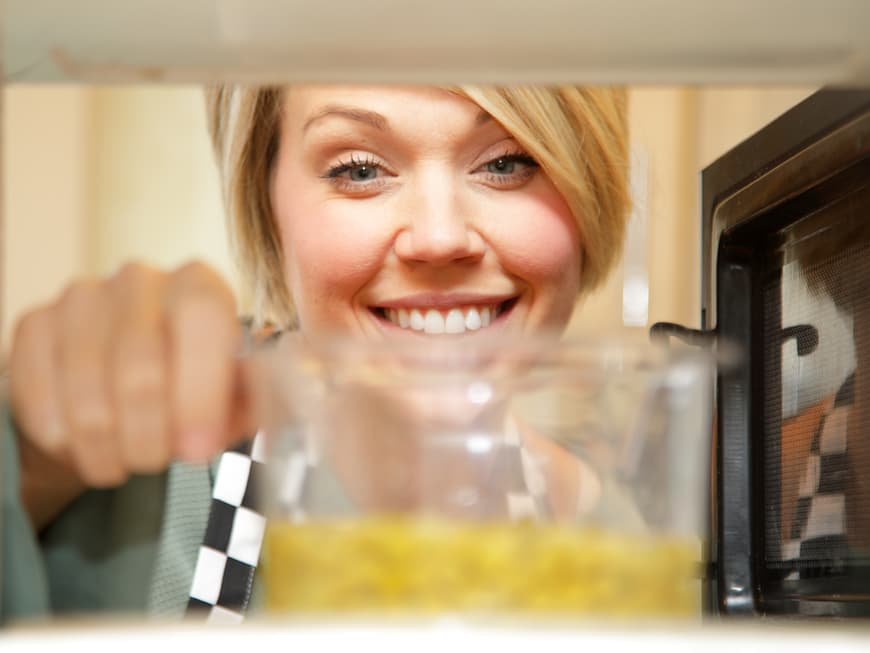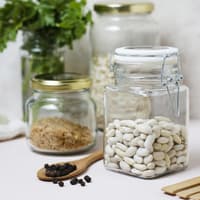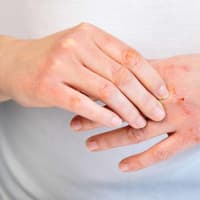
Reheating food is safe
In general, reheating food is not a problem. However, there are a few rules to follow. For example, the food should be placed directly in the fridge after it has cooled down. Resealable storage containers keep food fresh and prevent odors from being transferred to other food in the fridge.
Which foods can I reheat?
But be careful: not all foods can be reheated without hesitation. Some ingredients can develop bacteria and harmful substances if stored incorrectly or reheated. We will show you which products these are here:
1. mushrooms
Cooked mushrooms are an ideal breeding ground for microorganisms. If they are stored at room temperature for too long, toxins can form. It is therefore better to keep them in the fridge and consume them within 24 hours.
2. eggs
Scrambled eggs should not be reheated. If stored incorrectly at room temperature, salmonella can form.
3. chicken meat
When chicken meat is reheated, the protein structure changes. If stored incorrectly, salmonella can also form here.
4. spinach
Spinach contains a lot of nitrate. However, this converts into toxic nitrite if the vegetable is stored at room temperature.
Other vegetables that should not be reheated are
- Beet
- celery
- Swiss chard






